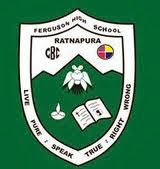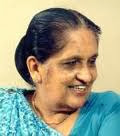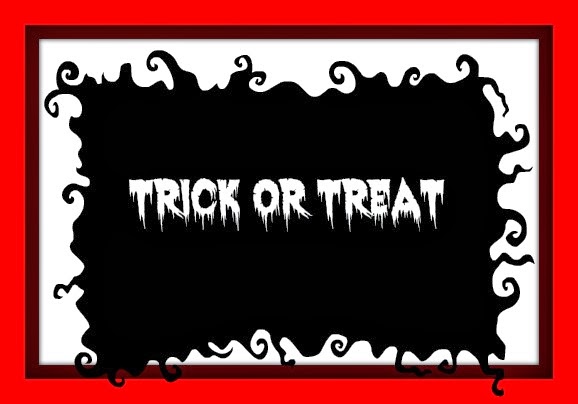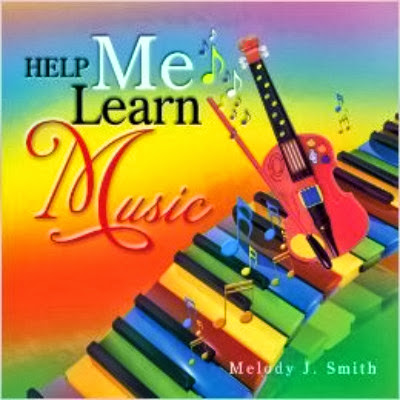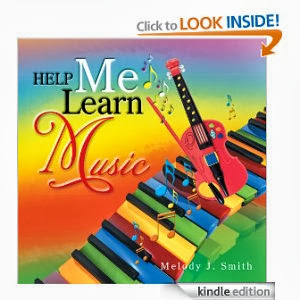HALLOWEEN
Well, I thought we will not talk about music today. Let's have something seasonal, something exciting and ... something frightening!
It all began like this:
Halloween is celebrated on the 31st of October; mostly in North America and Western Europe.It is the shortened word for "All Hallows' Evening" or All Saints' Feast. originally, it was dedicated for the dead.
Some believe that it has Christian roots while some others believe that it originated from Celtic harvest festivals known as Samhain (pronounced as "sah-win")from Gaelic culture, with pagan roots. Samhain means "summer's end".
Just as much as it was the end of summer, it was the beginning of winter or the "darker half" of the year. It was believed that this was the time that spirits and fairies visited our world as well as souls of the dead visited their homes.During festivity mealtimes, a place at the dinner table was set for the visiting souls. The spirits and the fairies also could cause harm and therefore, bon fires were lit to ward-off them. In households, many rituals were performed to bless the gathering for a better future.The blessings were mostly focused on marriage an death.
click the link for magic!
In Ireland, Scotland, Mann and Wales, halloween is celebrated by mumming and guising. Mumming is a traditional masked mime and guising, as you would have guessed, is disguising. Some would dress in costumes to disguise themselves from the spirits and fairies and some would wear white robes and horse- head masks. When they gave money, or food to these people,they would bless the household. They believed that they got the blessings of "Muck Olla" who was a Druid priest. The guisers played pranks in Ireland and Scottish highlands and later on spread to England. Then it would have become " trick or treat?"!
A witch
I am not very artistic but I try!
It's not very nice, so I'll keep it small.
The guisers carried lanterns, traditionally made out of turnip-Brassica rapa, belonging to the family Cruciferae- and mangel wurzels, also known as mangolds-Beta vulgaris; subsp: crass; family Chenopadiaceae. These were often carved with faces of witches, zombies etc to represent the spirits. In the present day, squash and pumpkin is used for carved lanterns.
Now, I am not going to put any image of those because everybody knows them and have seen them!
Halloween habits have more of a Christian influence today. It falls on the evening before the All Saints' Day, which is the 1st of November and All Souls' Day which is the 2nd of November.These three days are collectively known as Halloween. The full name of 31st of October according to them is All Hallows' Eve. It is also called Hallowmas and is a time for honouring the saints and souls of the dead who has not yet reached the heaven. All Saints' Day was originally introduced in year 609 but was not celebrated until the 13th May 835. Later it was switched over to 1st of November.
Towards the end of the 12th century, these days were known as holy days of obligation;and had a tradition of ringing bells for souls in purgatory. And people called criers, dressed in black, paraded the streets ringing bells of mournful sounds which was a call to all good Christians to remember the poor souls. People made soul cakes for christened souls which is taken as the start of "trick or treat". Children went from house to house collecting soul cakes for the souls in purgatory. In the ancient times the Christians believed that the souls who did not enter heaven roamed the earth until All Saints' Day. All Hallows' Eve gave them the chance to take revenge from their enemies before these souls moved on to the next world. Souls taking revenge was the idea that people disguised themselves in costume so they were not identified. Kingsley Palmer who is an Academic folklorist suggests that carved pumpkin lanterns represented the souls of the dead. During the medieval time, in Europe, people made fires to mislead these souls away from the good Christians. In England and Ireland, people lit "soul lights"- candles in every room to guide the souls to their homes on earth.

In the 19th century in some parts of England, Christians engaged in another practice. Families gathered on hills on the Halloween evening; one would have a burning bunch of straw on a pitchfork and others would kneel round him praying for the dead. This was done until the flames went out. However, this practice went out of popularity in England with Guy Fawkes Night, celebrated on the 5th of November. This was started in 1605.
Still there are interesting practices among Christians in different countries during Halloween. Scottish retained the practice of Halloween as their church (kirk) said that it was an important event to the cycle of life. In France, the Christians would pray at the graves of the dead on All Hallows' Eve leaving bowls of milk by the grave. In Italy, family members left meals by the grave, before going to church. The Spanish make a special pastry called "bones of the holy" and leave them for the dead in the graveyard, which is a practice continued even today.
Immigrants from Ireland and Scotland started it in the USA around the 19th century. But by the 20th century, it became so popular that Halloween is celebrated all across USA irrespective of cultures.
click for a treat!


